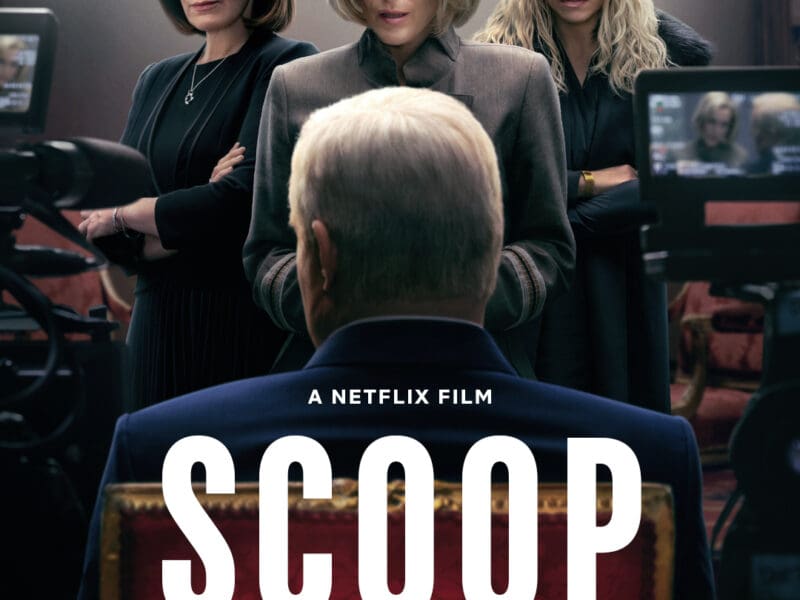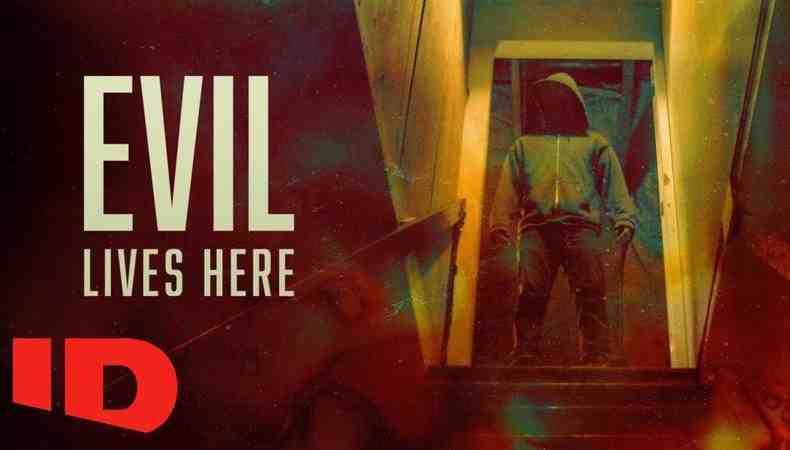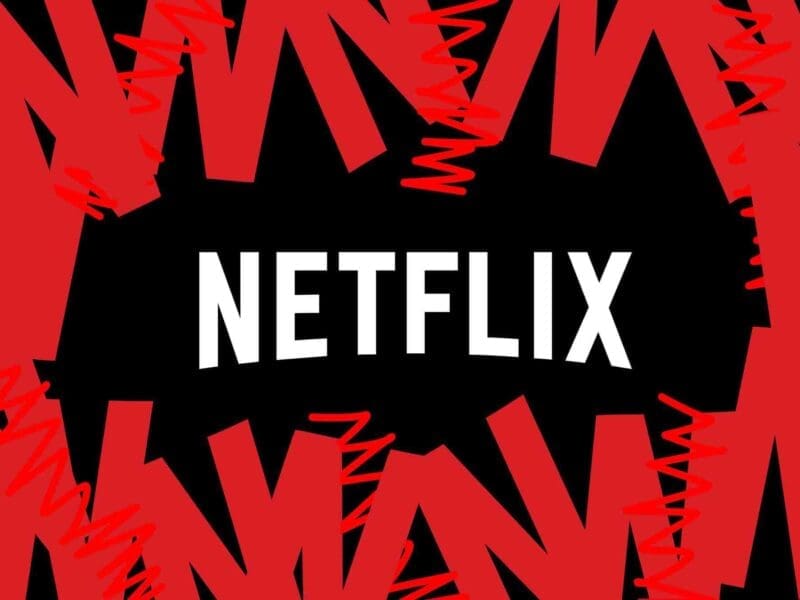
The new wave of dystopian TV shows
2018’s most talked about dystopian drama, The Handmaid’s Tale, returned to Hulu this month, bringing with it even more brutality, violence female oppression, and insight into the gradual but lethal rise of Gilead. Season two was action-packed and full of dread, with scenes of a pregnant June (Elisabeth Moss) finally breaking free from the constraints of Commander Waterford and his wife cut between insights into the dreaded colonies.
The popularity of the dystopian show based on the best-selling novel by Margaret Atwood was evident at the awards seasons, bagging top honors at numerous ceremonies from the Golden Globes to the Emmys last year.
But this isn’t a singular occurrence. In fact, there has been somewhat of a surge in post-apocalyptic TV shows and movies in recent times – everything from Charlie Brooker’s anthology series Black Mirror to the Blade Runner reboot to drama show The 100 have all fared well with audiences.
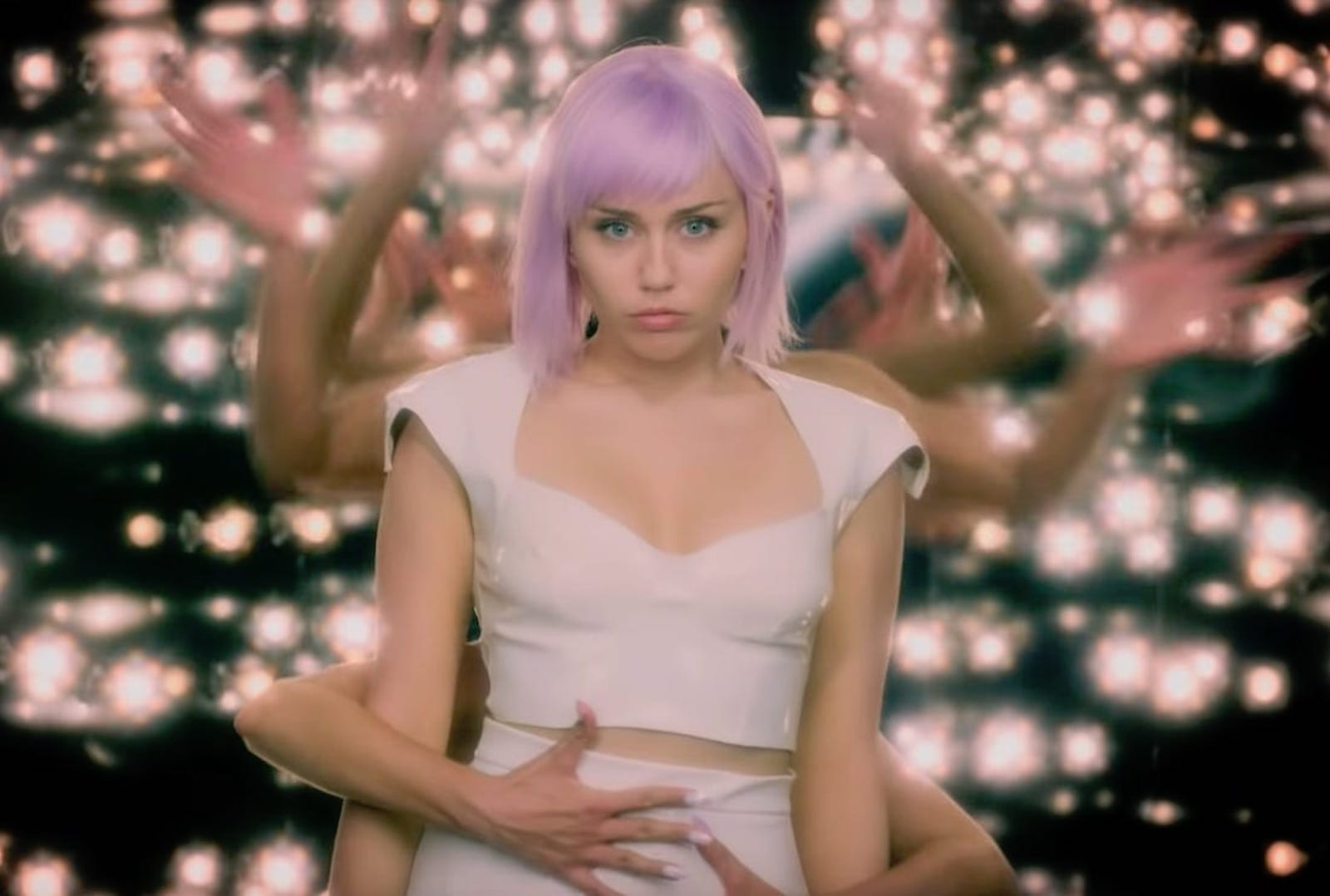
Gloomy predictions of the future have seen a huge renaissance in popular culture, something to which Esquire asked, “Is it because they’re finally becoming true?”
With The Handmaid’s Tale, the prescience of the novel and the show has been commented on in recent times. “The recognition for The Handmaid’s Tale epitomizes . . . our collective (and unreasonable) desire for art to have figured it all out in advance. Nobody who’s praising Handmaid is claiming that its vision of a world in which a male power structure turns women into second-class (or non) citizens was just a lucky shot in the dark,” wrote Vulture.
Instead, we give it a lot of credit for getting there first — for having seen the far future back in 1985, when Margaret Atwood’s novel was published, and the near future from April 2016, when the series was announced.
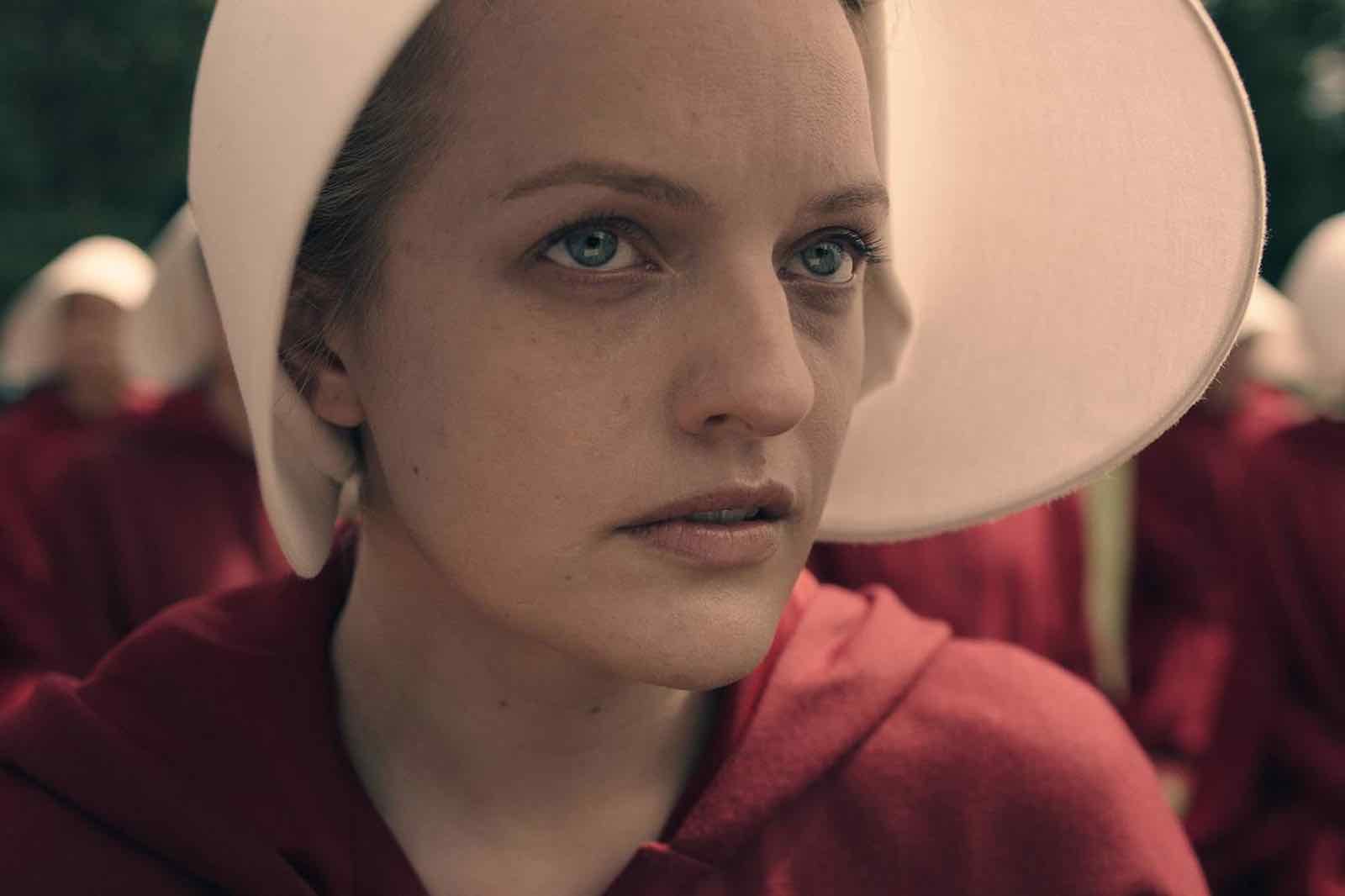
Of course, these fictionalized worlds aren’t factual depictions of the world we live in. But instead, perhaps the narratives present the struggles facing society today. The difference now being, audiences can relate.
Esquire reported that we find these narratives increasingly relevant because “nuclear conflict, global warming, and environmental destruction have lent additional impetus to the dystopian imagination in our times.”

Journey to the Offshore
Whether you agree with this viewpoint or not, there’s no denying there has been a sharp rise in dystopian shows in recent times. One such show adding to the trend is 3%. When the Brazilian drama hit Netflix in November 2016, we were pleasantly surprised at this fresh take on the post-apocalyptic narrative.
Set in a dystopian world where only 3% of the population are chosen to live progressive, fulfilling lives at a place called the Offshore, it contains hints of The Hunger Games but with far more edge.
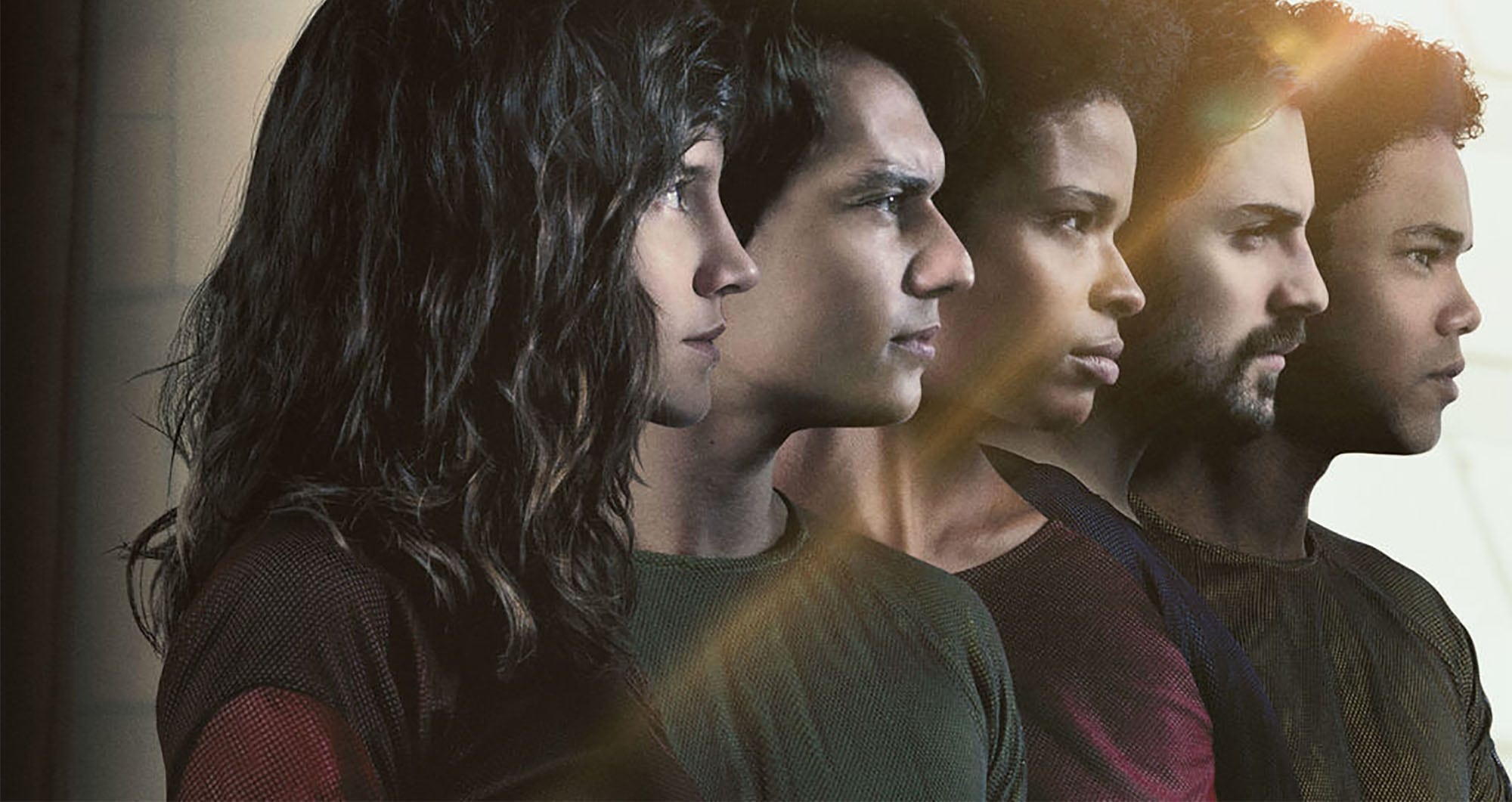
For those who missed it, all ten episodes of S3 dropped on Netflix this month, and without giving too much away, the installment focuses on the new third option from the Inland and the Offshore known as The Shell – including its founder Michele (Bianca Comparato), Tiago a.k.a. Rafael (Rodolfo Valente), and Joana (Vaneza Oliveira).
With regards to the show relating to modern times, the narrative paints an extreme picture of the issue of inequality in society. In its review of S2, IndieWire wrote, “this is a broken world, full of injustice and cruelty, but isn’t every society broken to some degree? 3% doesn’t offer solutions, but it does showcase characters challenging the basic idea that some should have more than others — that equality isn’t an impossible ask.”

Let it rain
Another post-apocalyptic beat adding to the Netflix canon is The Rain. A taut dystopian survival thriller, the Danish co-production sits within the Scandi-noir genre, but with a unique edge. With high ratings across the board, the show follows two young siblings embarking on a perilous search for safety after a devastating biological catastrophe wipes out most of the nation.
As the summary suggests, there’s more to this story than meets the eye, in that “even in a post-apocalyptic world there’s still love, jealousy, and many of the coming-of-age dilemmas they thought they’d left behind.”
The Rain definitely looks set to be the next best edge-of-your-seat bingewatch, tying in coming-of-age themes with the all-too-real modern fear of environmental catastrophe, making it a worthy contribution to the dystopian renaissance.





